

How do me measure Head Start’s success? Each year, Head Start children and families are evaluated to see how they are doing. The children are also followed years later to measure the impact of Head Start on their lives. Head Start is based on the premise that all children share certain needs, and that children from income-eligible families can benefit from a comprehensive developmental program to meet these needs. As a family-oriented, comprehensive, and community-based program, Head Start addresses developmental goals for children, teams with parents in their work and child-rearing roles, and puts them in contact with other service delivery systems. Here is a snapshot of various studies and research across the United States on the impact of these services:
Nobel laureate economist Dr. James J. Heckman studied much of the research on early childhood education and formulated the Heckman Equation, which is:
Learn how to protect you and your family during documentation raids
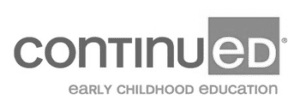




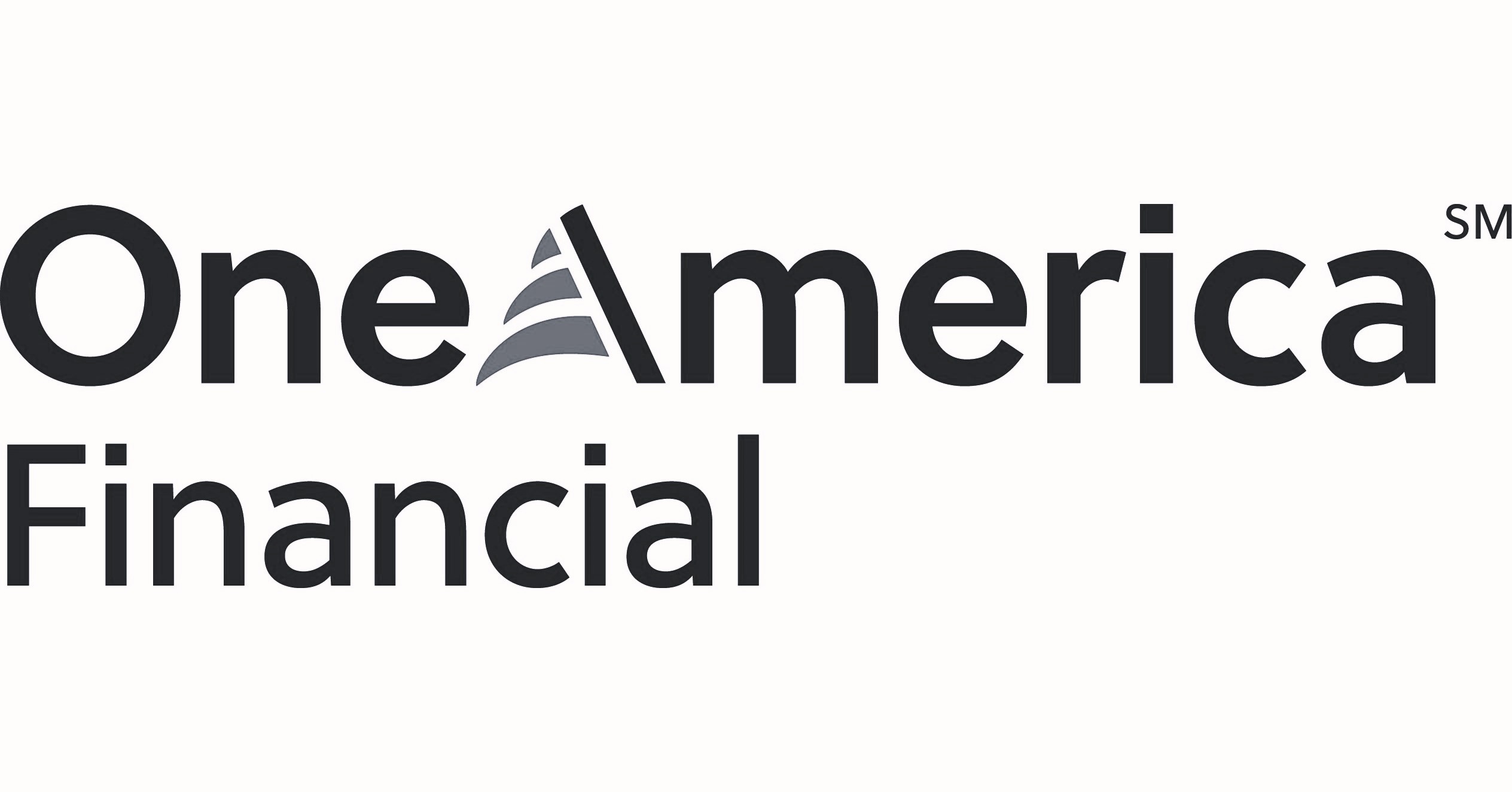
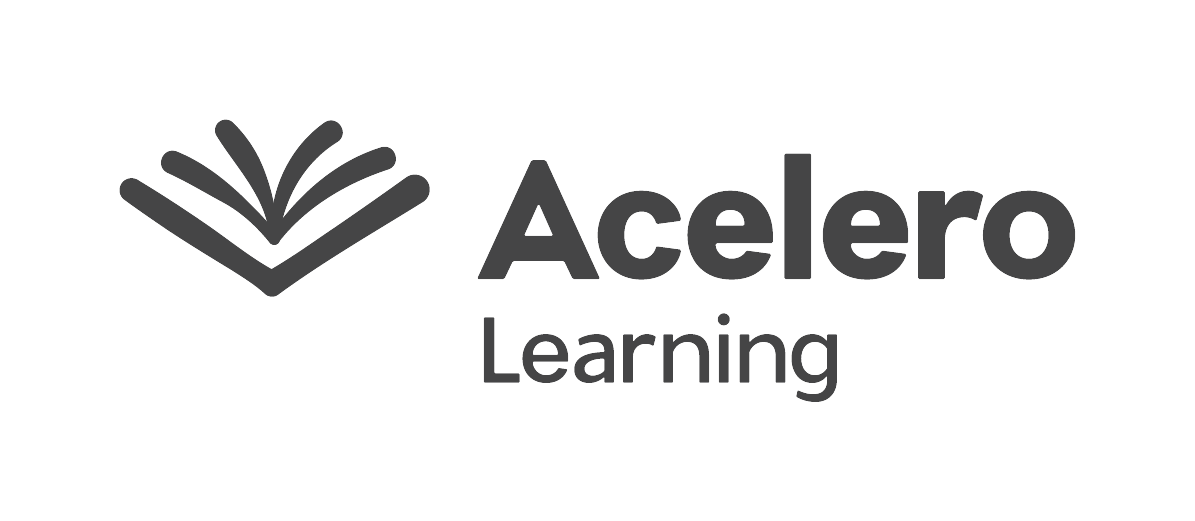
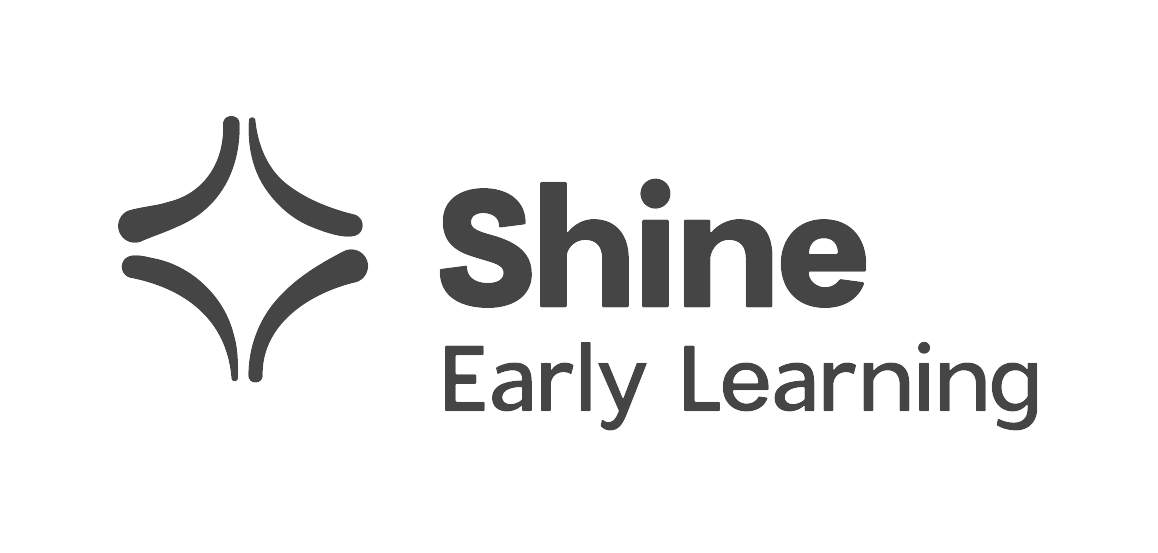

I have been to management workshops, not leadership training. This has totally changed my perspective and encouraged me to propel forward in developing my skills.
I am honored and humbled to be a recipient of the Region 9 Head Start Association’s Legacy Scholarship. The scholarship helped me get one step closer to achieving my goal of becoming a Head Start Director.
I took part in The disproportionate impact of COVID 19, and how to provide “real” support for black/brown children and families and I just want to say this was an amazing webinar. I hope we can look forward to further conversation on this topic.
Thank you so much for making events like this! I really enjoyed and learned so much teaching strategies to implement STEM in the classroom.
The HR Network was an excellent opportunity to network and learn the best practices from other HR professionals within Head Start programs. You will be amazed by the level of talent and experience of the participants.
The Summer Camp training was powerful and inspiring! Each presenter was very engaging, it’s hard to even pick a favorite session!
The Leadership Challenge training was very relevant to my work as a Head Start leader! Great facilitation; stayed with the program yet allowed time for individual and small group reflections.
Regular price $12.00

Regular price $39.00



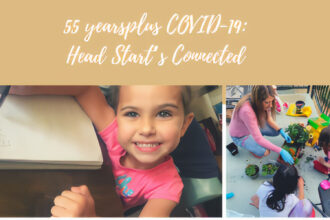
Questions? Contact us at headstartr9@region9hsa.org.